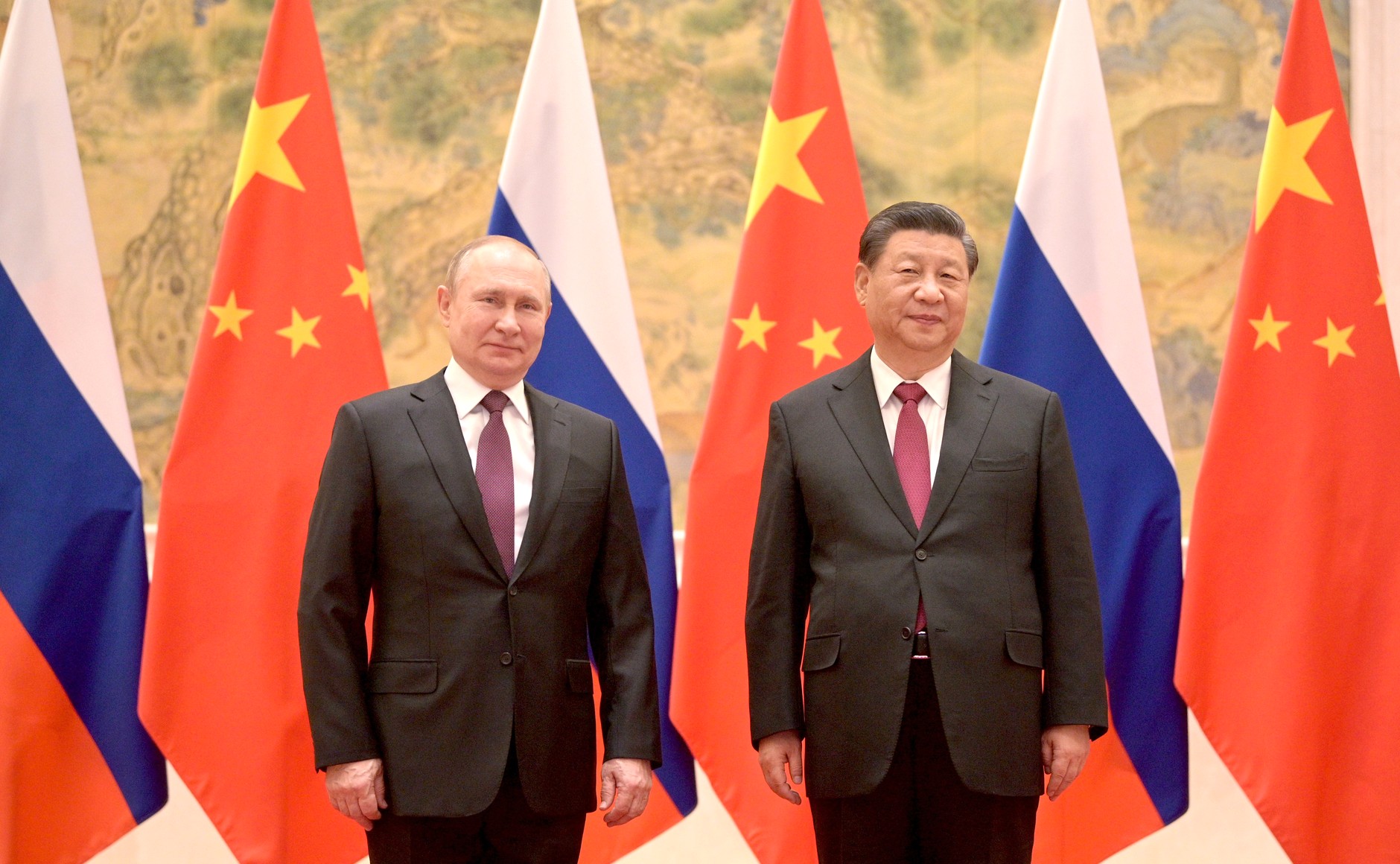BEIJING (Transatlantic Today) – China called for negotiations to settle the Ukraine issue on Thursday, but avoided condemning President Vladimir Putin’s invasion, while also approving Russian wheat imports, potentially reducing the severity of Western sanctions.
President Xi Jinping, who recently met Putin in Beijing last month, has strengthened China’s ties with Russia. China’s multibillion-dollar gas imports for its energy-hungry industry have provided a lifeboat to Putin, who was already facing Western sanctions as a result of his 2014 invasion of Crimea from Ukraine.
The only significant government that has not condemned Putin’s strike is China. It did, however, temper this by urging respect and restraint for territorial integrity, according to NBC NEWS.
Meanwhile, the Chinese Embassy in Ukraine has advised its residents to stay at home and to fly a Chinese flag within or over their vehicles if they must travel.
Xi’s administration reflects Russian dissatisfaction with what they see as unfair American domination in global affairs, as well as the Kremlin’s rejection of NATO’s eastward expansion.
China has pinned the crisis in Ukraine on the US and its European allies.
Following their meeting in Beijing, Xi and Putin published a joint statement affirming major foreign policy concerns for both countries, including Moscow’s resistance to NATO expansion in former Soviet states and China’s claim to the self-governing island of Taiwan.
The strike by Moscow has put Beijing in a bind between its friendship with Vladimir and its sensitivity to national boundaries, which stems from its desire to keep restive territories like Tibet and Xinjiang.
With NATO’s expansion and the installation of a missile defense system, the West compelled Russia to respond, according to Li Xin, head of the Institute of European and Asian Studies at Shanghai University of Political Science and Law.
Although China has not approved Putin’s designation of the rebel parts of eastern Ukraine as independent states or his willingness to send in troops, Hua said Beijing has “called on parties to respect others’ legitimate security concerns.”
By enhancing China’s relevance as an export industry and a source of investment, Western financial and trade sanctions on Russia will improve Beijing’s position in their relationship.
China’s customs department authorized wheat imports from all areas of Russia on Thursday, offering Putin an alternative to European markets which might be blocked as a result of prospective sanctions.
Russia is among the world’s largest wheat growers, yet it has been barred from entering China owing to fears of fungus and other contaminants.
After Vladimir Putin became the most high-profile foreign visitor who attended the Beijing Winter Olympics, the two nations announced a deal on Feb. 8 for China to buy Russian wheat and barley.
According to Russia’s notification on Thursday, it would “take all steps” to avoid contamination by the wheat smut fungus and will restrict exports to China if it is discovered.
To counteract the consequences of Crimea-related sanctions, Moscow has spent most of the last decade attempting to grow gas exports and other commerce with Beijing and East Asian markets.
Last month, Russia’s state-owned Gazprom secured a 30-year deal to deliver natural gas from the Russian Far East to China’s northeast. To lessen their reliance on the US dollar, the dominant currency in resource markets, the two parties decided to pay in euros.
After more than a decade of discussions, the two countries concluded another gas supply pact in 2014. According to industry analysts, Russia caved into Chinese pressure for lenient conditions since it needed export money following the Crimea sanctions.


























